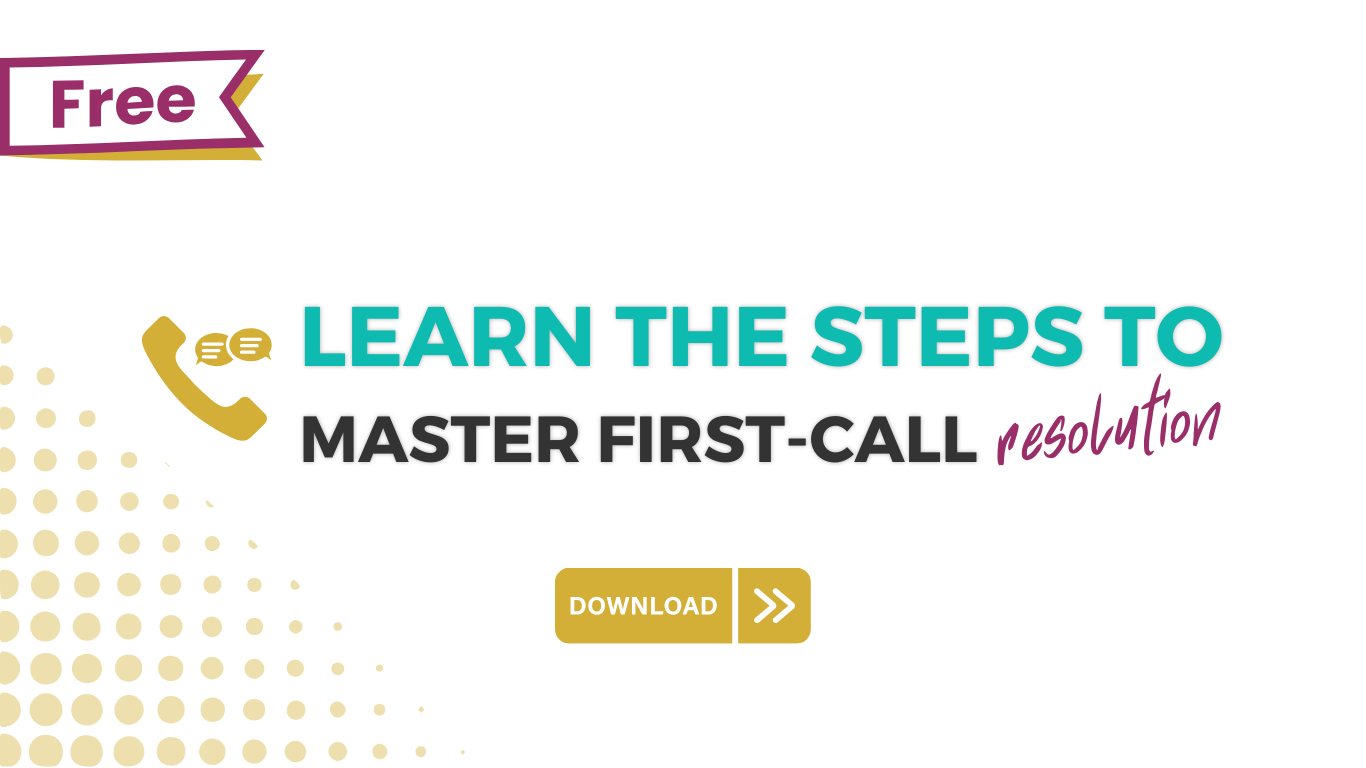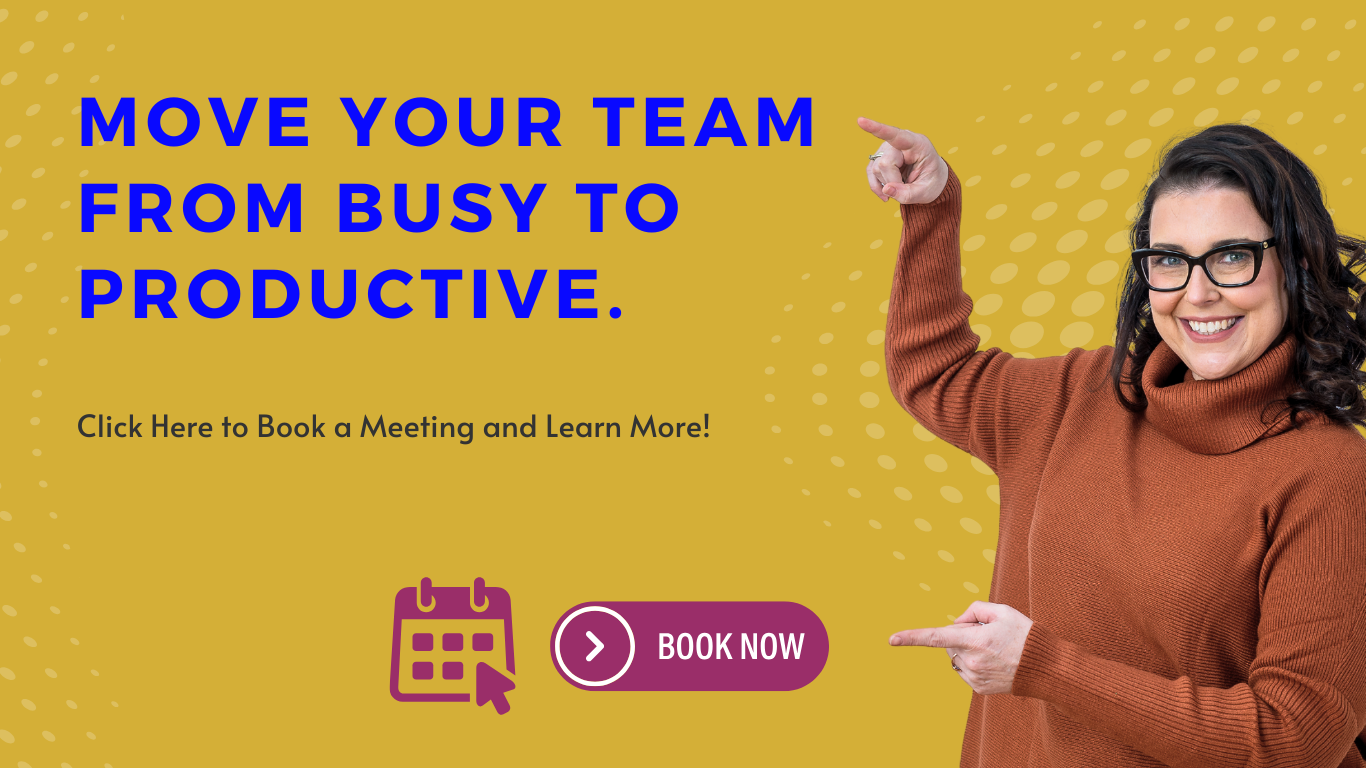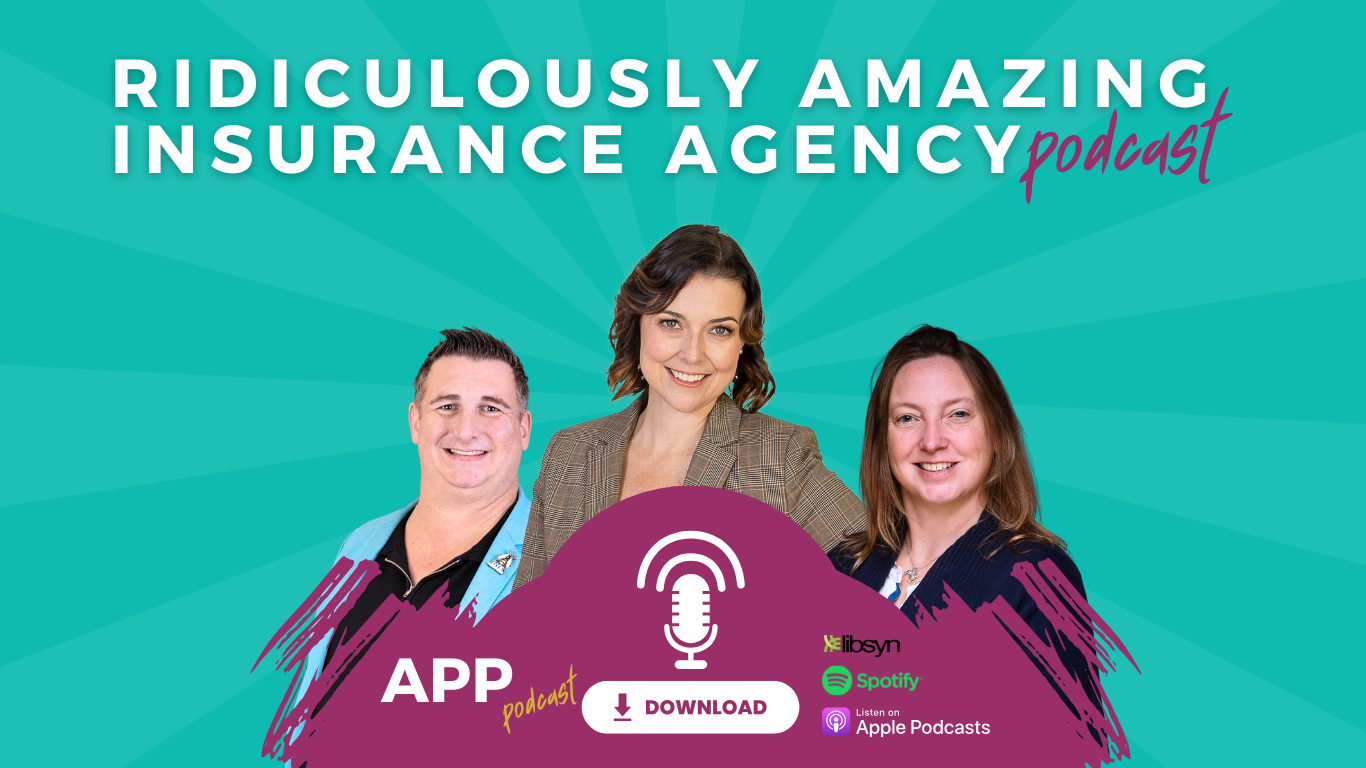This is a common challenge in insurance agencies. You review Reagan Best Practices‘ revenue per team member, and your team is 25-30% lower than the Best Practices number. Now, you might be thinking, “Great, we have room to grow!” But then you review your team’s overdue activities in the management system, see the backlog, and realize your team is burned out and stressed—and you just can’t seem to get ahead.
So, what’s the deal? How can an agency be so far off Best Practices and still be behind? You need a plan to increase insurance agent productivity.
Now, there are a variety of reasons agencies can experience intermittent backlog:
- Short staffed (and accounts are not reassigned to attribute to the number)
- You have a greener team building skills
- You have a resistant team that is not embracing modern strategies
- Your agency lacks processes and procedures
- Your book profile is off track from your ideal customer
- Your processes are too bloated and not efficient
- You overservice the lowest accounts
- You’re experiencing high claims due to weather or special projects, such as a system conversion or book roll
These are all reasons you may be intermittently backlogged. If your agency is consistently backlogged, we need to dive into the top drivers we see in our Insurance Agency Efficiency Program and explore how to embrace these strategies to increase insurance agent productivity.
5 Strategies To Increase Insurance Agent Productivity
In our work with independent insurance agents across the United States, we routinely encounter insurance agent productivity issues. Personally, I have grown so tired of hearing, “I’m so busy,” from insurance agents. It has actually become an excuse and a crutch for failing to get work accomplished.
The team becomes apathetic about staying on track and may stop pursuing ways to drive efficiency. It’s common to hear that the team feels the agency needs more staff, but the Best Practices report indicates you don’t need additional team members.
As agency leaders, you need to set the pace, plan, and directives for the day. However, far too often, the team is left to their own devices to manage their days. When leadership is engaged, the team gains clarity on what to focus on and how to thrive. Conversely, when leadership hears constant complaints about being busy without any change in behavior, both parties can become disenfranchised.
Strategy #1: First-Call Resolution
This is the number one driver of agency efficiency and insurance agent productivity. First-Call Resolution (FCR) is the practice of resolving a customer’s inquiry, concern, or request during the initial interaction without the need for follow-up. It’s a customer service strategy that focuses on efficiency, accuracy, and a proactive approach to problem-solving.
Whether it’s updating a policy, answering billing questions, initiating claims, or providing coverage recommendations, the goal of FCR is to fully address the client’s needs during the first contact.
By streamlining processes, utilizing the right tools, and equipping agents with proper training, insurance agencies can enhance customer satisfaction, reduce operational costs, and build stronger relationships with their clients. FCR represents a commitment to excellence, demonstrating that the agency values its clients’ time and trust.
At Agency Performance Partners, we train teams on how to use their headsets (and, by the way, it’s amazing how many agency team members resist wearing a headset—we believe it should be absolutely mandatory; you can’t be efficient without it!) and how to process transactions, including quotes, directly over the phone. Some agency team members think it’s impossible, but it’s not! We even train teams to document the management system and educate clients about any payment changes during the phone call.
Excuses for Why First-Call Resolution Won’t Work:
- “Customers don’t have all the information we need to resolve the issue.” – Belief that clients rarely come prepared with the necessary documents or details. All you do is open an activity to follow up on what you need. You take the transaction as far as you can.
- “We don’t have enough time to handle everything during the call.” – Concern about extended call durations impacting productivity and call volume is common. However, remember that clients aren’t timing your call with a stopwatch; they simply need your help. Most clients would prefer to have everything handled during one call rather than going back and forth.
- “We need to escalate certain issues to supervisors or carriers.” – Reliance on external parties for decision-making or approvals. When this occurs we should assess what really needs to be escalated in many situations the team member can handle the transaction.
- “It will make other customers wait longer.” – Fear that dedicating more time to one customer will lead to delays for others. The work all has to get done. It’s actually more efficient to do it live on the call with the client and limit back-and-forth.
- “First-Call Resolution puts too much pressure on us.” – Perception that FCR is an unrealistic or stressful expectation. When you first start it can seem overwhelming, but like everything, it gets easier.
First-Call Resolution is a great way to increase insurance agent productivity.
Strategy #2: Raise Your Hand
One thing that often fails in agencies that struggle with efficiency is a breakdown in communication. The team disengages because it’s always busy, and this is just how it is. Leadership grows tired of hearing how busy everyone is. There is a great quote: “The opposite of love is not hate; it’s indifference.” When both parties become indifferent, everyone just lives with a backlog, missed expectations, and a burned-out team.
So, what can you do? At APP, in the Agency Efficiency Program, we train the team on the Raise Your Hand Principle. The Raise Your Hand Principle is a proactive approach that encourages team members to speak up when they are overwhelmed, backlogged, or need help. It fosters a culture of open communication, collaboration, and continuous improvement within an agency.
We also stress that the team needs to accept help the way it’s given. This could entail going on DND, having the leader review their work to see if they are following procedures, or reprioritizing them.
Here is a full list of what a manager can do to help a team member falling behind:
- Review recorded calls for efficiency
- Hop in and help clear tasks
- Delegate responsibilities and ensure that the staff member is working within their job descriptions
- Put the team member on Do Not Disturb
- Reset expectations
- Identify what work is not urgent
- Identify the cause of the backlog
Strategy #3: Controlling The Client
Insurance agency team members can control their clients by setting clear expectations, following agency standards, and guiding interactions to ensure efficiency. In our Agency Efficiency Program, we help insurance agencies build their agency standards. This includes proactively communicating timelines for tasks like policy changes or claims, providing clients with self-service options for routine needs, and structuring conversations to stay focused on solutions.
By establishing boundaries and maintaining professionalism, team members can minimize unnecessary back-and-forth, reduce distractions, and prevent time-wasting behaviors. Controlling client interactions not only boosts productivity but also enhances the client experience by delivering consistent, organized, and timely service.
In too many agencies, we see over-remarketing or dropping everything to help a client reinstate. When we overdo work for our least desirable clients, we can never seem to stay productive or get proactive. If we focus on controlling the client, we can become efficient and effective.
Here is a list of common ways we struggle to control our clients and miss out on opportunities to increase insurance agent productivity:
- Remarketing on demand not on qualification
- Working to scramble to get coverage last-minute
- Difficult requests from clients where we try to put the square peg in a round hole
- Prioritizing the squeaky wheel over the client next in line
- Doing the easy part first over the hard
- Not holding clients to agency standards
- Not focusing on agency processes and mis-prioritizing work
- We care more about their insurance than the client does.
We are licensed agents that help clients with their insurance needs. They are not here to tell us what to do!
Strategy #4: Agency Standards
What Are Agency Standards?
Agency standards are the established guidelines, processes, and expectations that define how an insurance agency operates and delivers its services. They create consistency in workflows, ensure high-quality client interactions, and maintain compliance with industry regulations.
Clear agency standards help team members understand their roles, work efficiently, and provide clients with a reliable and professional experience. We like to think of these as the constitution of the agency.
Common Elements To Include in Agency Standards
- Client Communication: Expected response times for emails, calls, and service requests.
- Task Management: Processes for handling follow-ups, renewals, and policy changes.
- Documentation: Requirements for recording all interactions and transactions in the management system.
- Service Timelines: Deadlines for completing tasks such as endorsements, quotes, and claims assistance.
- Self-Service Options: Guidelines for promoting portals, apps, and EFT to clients.
- Professionalism: Standards for tone, language, and demeanor when interacting with clients.
- Time Management: Policies on time-blocking, prioritization, and avoiding multitasking.
- Error Handling: Procedures for identifying, correcting, and preventing mistakes.
- Client Retention: Strategies for proactive outreach, renewal reviews, and cross-selling.
- Team Collaboration: Expectations for communication, workload sharing, and supporting colleagues.
- Technology Usage: Guidelines for adopting and using agency tools like CRM systems or client portals.
The reason agency standards are great is that they give the team boundaries without making anyone the bad guy. They also help clarify expectations and drive consistency between your team and clients.
Strategy #5: Planning Your Day
This is one strategy that most insurance agency team members roll their eyes at. There is a common misconception that you can’t plan your day. However, this is simply not true. Even ERs have plans for their day and adjust if necessary.
Coming into the agency every day with a wait-and-see attitude is a great way to ensure your productivity drops. While you may not know everything coming at you every moment of the day, you do have renewals to work on, business to quote, and tasks or suspenses to complete.
As things come in, when you practice First-Call Resolution, you don’t let things stack up. In addition, when you plan your day, you can set a pace. For example, before lunch, I want to make three renewal review calls.
Here is how we recommend you plan your day:
- Start the night before to avoid any surprises in the morning
- Clear out any quick follow ups the night before and close anything that is done
- Identify your “frog”—the hardest and nastiest task you need to tackle first
- Select your Big 3—the three most important tasks you need to tackle
- Update the management system with your priorities
- Set goals for the day—before lunch, before you go
- Pick how you will win your day, you choose not the client
Of course, things will happen, and your plan won’t work every day, but it can work 80% of the time. As you plan, you get better. When you know what you need to tackle, you will feel better versus getting a surprise. With a plan, when you get a surprise, you can identify how to re-prioritize.
Conclusion: Driving Productivity Through Actionable Strategies
Boosting productivity in your insurance agency requires a deliberate shift in mindset, processes, and daily habits. By embracing strategies like First-Call Resolution, raising your hand when overwhelmed, controlling client interactions, adhering to clear agency standards, and planning your day effectively, you can transform how your team operates.
These methods not only improve efficiency but also foster a collaborative culture, reduce burnout, and enhance the client experience. Remember, productivity isn’t about working harder; it’s about working smarter, focusing on what matters most, and staying proactive. Implementing these strategies will set your agency on the path to greater success, increased revenue, and a more motivated and engaged team.If your team is struggling to increase insurance agent productivity, we recommend you check out our Agency Efficiency Program to help you bring your team to agency best practices.
🔥 Check Out Our Latest Blog: Increase Insurance Agent Productivity: Moving From Busy To Productive with 5 Strategies
🎉 Get Your FREE Top Tips For Using Your Management System To Power Your Day – Don’t Miss Out!
🚀 Introducing Agency Efficiency 4.0
📈 Ready to Take Your Agency to the Next Level? Book a Meeting with Agency Performance Partners for Tailored Strategies That Drive Real Success. Schedule Your Consultation Today! Book Now
🤝 We’re Agency Performance Partners; APP is your insurance agency’s best friend when it comes to training, strategies, brutal truth & tough love that’ll grow your agency with hugs & high fives along the way….just like a BFF. LEARN MORE







